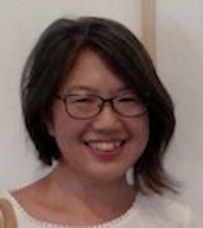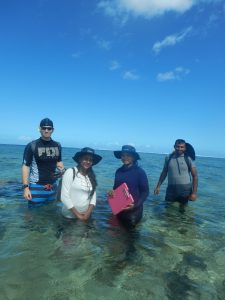Massive Market for UniFiji Accounting Graduates
There is an enormous career market for University of Fiji accounting graduates at prestigious organizations says Head of Department, Sandhiya Roy.
The Accounting Department is well positioned to offer accounting courses best suited for industry requirements.
“There are various organizations still calling us for our graduates but most of our students already find employment by the time they complete their courses and before they graduate,” she explained.
She encouraged more students to get enrolled in accounting because the department could very well cater for more than 100 students.
“The student numbers has increased over the years with the past two years having enrolment of 60 students in year 1 but we can cater for more than 100 students. As there is a huge job market for UniFiji accounting graduates, students can see that our curriculum is well versed with relevant accounting standards,” she said,” she said.
She further elaborated that students would have more chances of having a superior learning environment at UniFiji because they have the added advantage of having improved interactions with the lecturers and tutors.
“Since we have a reasonable number, students’ get more time from the lecturers and tutors which enables them to grasp information much easily and this paves a pathway to their successful careers,” she stated.
Registrations are still underway at both the Saweni and Suva Campuses.
![]()


